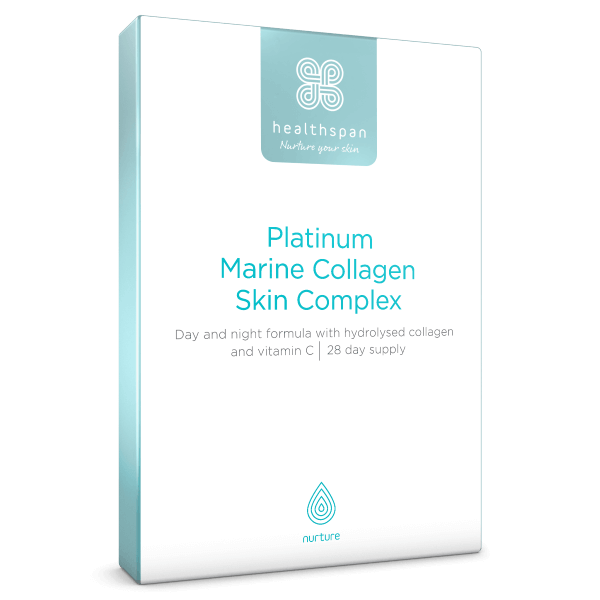Winter can cause all kinds of unwelcome skin problems, from dryness and irritation to a lack of radiance. Our experts answer your most frequently asked questions.
Q. What causes dry skin in the winter?
A. Central heating, drier air and cold winds all play their part when it comes to giving us dry skin during the winter – as well as the fact that unlike summer, when we might moisturise most days, during the winter we tend to just wrap up and forget about it.
Set aside one or two evenings a week to give yourself a real pampering session, whether that's tackling dry feet with a pumice stone and a rich foot balm, or using a nourishing body butter from head to toe.
For dry skin on the face, use a gentle exfoliator once or twice a week - this will help remove dead skin cells and allow the rest of your products to reach deeper into the skin. In addition, ensure you use a moisturising serum underneath your day and night creams.
Q. How can I help my chapped lips?
A. Having dry, chapped lips is a very common problem in winter, which is why it is important to apply a nourishing lip balm. Choose a formula with UV filters as even on a cloudy, winter day, UVA rays can still cause damage. Whatever you do, don't lick your lips - saliva dries out lips quicker than anything else.

During the winter skin needs protection and hydration to stay healthy.
Q. Can I repair my sun-damaged skin in winter?
A. Summer is well-known for causing sun damage on the face, decolletage and hands. As long as you are continuing to wear SPF protection, winter is a great time to try and repair some of this damage.
Retinol (vitamin A) is an excellent ingredient to look for, as well as vitamin C and lightening ingredients (such as kojic dipalmitate) to help tackle unwanted pigmentation and uneven tone, both of which result from UV exposure.
You may also wish to add more moisture and hydration into your routine. If needed, switch to a cream-based cleanser and opt for a heavier cream than you would in summer.
Q. What are the best vitamins for skin?
A. There are a number of vitamins and minerals which are good for skin in the winter (and in fact all year round). Start by ensuring your diet includes:
Beta-carotene (vitamin A)
Found in plants, beta-carotene can be converted by the body into vitamin A, an antioxidant that can help protect your skin cells from UV damage. Top up with sweet potato, carrots and spinach.
Omega 3
Fatty fish, like salmon, mackerel and herring, are full of omega 3 fatty acids, which are important for maintaining healthy skin. If you're not getting enough omega 3 it can cause your skin to feel drier.1
Healthy fats
Nuts, seeds and avocados are all nutritious sources of healthy fats. Avocados are a particularly good choice thanks to their powerful combination of vitamin C and vitamin E. Your body also uses vitamin C to create collagen, one of skin's most important proteins.2

Platinum Marine Collagen Skin Complex
Premium day and night beauty supplement to support your skin's health from within
- Hydrolysed marine collagen to help slow signs of ageing
- Encourages healthier, more radiant-looking skin
- Selenium and zinc maintain healthy hair; vitamin C protects against environmental damage







